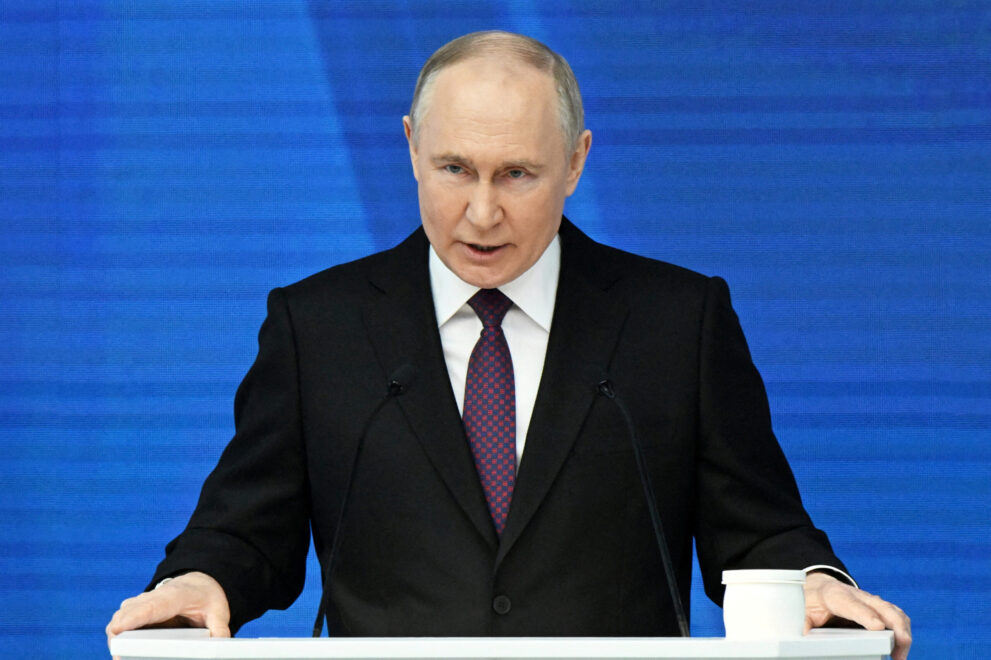Last month, the Trump administration proposed a 30-day full ceasefire in Ukraine. Ukraine agreed. Russia did not.
Instead, Moscow offered a much shorter pause — just 30 hours. On Saturday, Russian President Vladimir Putin announced a unilateral “Easter truce” lasting until midnight on Sunday, Moscow time, saying it was for “humanitarian” reasons.
Ukraine, however, has expressed deep scepticism. After more than three years of war, Ukrainian officials view the move as political theatre rather than a genuine peace offer.
On Sunday, Ukrainian President Volodymyr Zelensky posted on social media that while Russia claims to be observing a truce, its troops are still trying to advance in some areas and causing harm.
Russia’s Ministry of Defense insisted otherwise, saying all Russian forces had fully followed the ceasefire from 6:00 PM on April 19. It also accused Ukrainian forces of violating the truce.
Critics argue that this brief ceasefire has more to do with pleasing Washington than stopping the war. Since Donald Trump’s return to office, Vladimir Putin has been working to rebuild relations with the U.S., hoping to open a new chapter in cooperation.
But the Trump administration is reportedly growing frustrated with the slow progress in Ukraine. President Trump has even threatened to step back from peace efforts if things don’t move forward soon.
By declaring a ceasefire — even a short one — Putin may be trying to show the world that Russia wants peace, and that it’s Ukraine who is refusing to cooperate.
This truce came with very little notice, giving both sides little time to coordinate. It seems more like a surprise move than part of a long-term plan.
Still, there’s a more hopeful take. The truce didn’t happen in isolation. Behind the scenes, major diplomatic talks have been happening. Trump’s envoy Steve Witkoff has met Putin three times in the last two months. Russian envoy Kirill Dmitriev recently visited Washington. Just days ago, key American, Russian, Ukrainian, and French officials held meetings in Paris.
Could these signs point to a rare chance for peace?
So far, there’s little indication that Putin is ready to compromise. But in diplomacy, most of the real action happens behind closed doors — and surprises are always possible.








